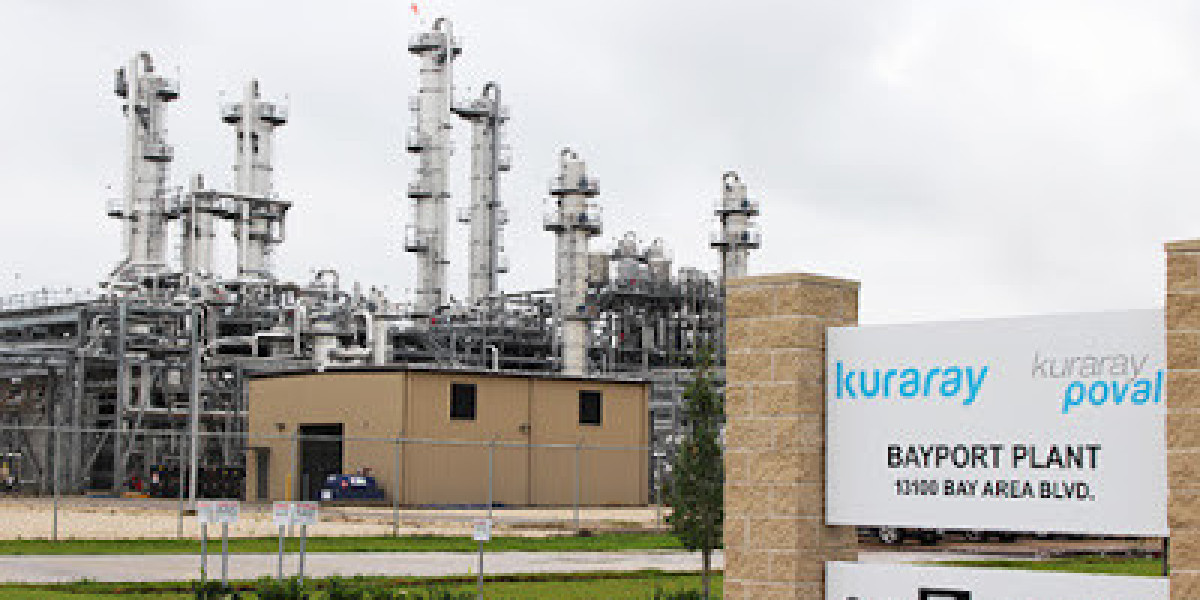One substance in the vast expanse of polymers and plastics that shape our modern world stands out for its incredible versatility and eco-friendliness: Polyvinyl Alcohol (PVA). This water-soluble synthetic polymer has found its way into various applications, from mundane household items to cutting-edge scientific research, showcasing its remarkable adaptability.
Origins and Characteristics
Polyvinyl Alcohol's journey begins in the laboratory, where it is meticulously synthesized from polyvinyl acetate through a process known as alcoholysis or hydrolysis. The result is a polymer that dissolves in water but resists solvents such as oils and greases, making it unique among its peers.
One of PVA's most lauded characteristics is its biodegradability. In an era where environmental concerns are paramount, PVA offers hope. Its ability to break down in natural conditions without leaving harmful residues endears it to sustainable practices and products.
A Multitude of Uses
The applications of Polyvinyl Alcohol are as diverse as they are impressive. Let's take a closer look at a few areas where PVA makes a significant impact:
- Textile Industry: PVA's journey into the textile realm is marked by its role as a warp sizing agent. This application takes advantage of PVA's film-forming properties, improving the strength and smoothness of yarns during weaving. The outcome? Fabrics that are more durable and retain their quality over time.
- Paper Products: In the paper world, PVA is a star player, enhancing paper products' strength and oil resistance. From napkins and paper towels to high-quality printing papers, PVA's influence is pervasive, ensuring these items can withstand the rigours of everyday use.
- Packaging Solutions: The push towards eco-friendly packaging has found a valuable ally in PVA. Water-soluble films from this polymer are revolutionizing packaging, especially for detergents and agrochemicals. These films dissolve entirely in water, releasing their contents without leaving any plastic waste behind.
- Biomedical Applications: One of the most exciting frontiers for PVA is the biomedical field. Its biocompatibility and non-toxic nature have paved the way for innovative uses, including drug delivery systems and wound dressing materials. PVA's hydrogel form, which can mimic human tissue, is being explored for its potential in artificial organs and tissue engineering.
Challenges and Future Prospects
Despite its many advantages, Polyvinyl Alcohol faces challenges, particularly in production costs and processing techniques. The quest for more efficient and sustainable production methods is ongoing, with researchers and industry experts working together to overcome these hurdles.
The future of PVA looks bright, fueled by continuous innovation and its alignment with environmental sustainability goals. As we move towards a greener and more sustainable future, the role of materials like Polyvinyl Alcohol will undoubtedly become more central, driving new applications and technologies.
Conclusion
Polyvinyl Alcohol's journey from a humble synthetic polymer to a cornerstone of sustainable materials science is a testament to human ingenuity and our quest for environmentally friendly solutions. Its versatility and eco-friendliness have made it a valuable resource across various industries, from textiles to biomedical engineering.
As we continue to explore and expand the boundaries of what materials can do, PVA stands as a beacon of possibility, reminding us that the keys to a sustainable future may well lie in the world of polymers. With ongoing research and innovation, the story of Polyvinyl Alcohol is far from over; it's just beginning to unfold.
In sum, Polyvinyl Alcohol is not just a substance but a symbol of the balance between technological advancement and environmental stewardship. It encapsulates the challenge of our times: to innovate sustainably, ensuring that our technological strides do not come at the expense of the planet we call home.
As we delve deeper into the capabilities of Polyvinyl Alcohol (PVA), its potential to revolutionize more than just industrial applications becomes increasingly apparent. The environmental aspect of PVA, particularly its role in combating pollution and waste, is a facet that cannot be overstated. In the context of the global challenge to reduce plastic waste, PVA's biodegradable nature positions it as a front-runner in developing sustainable alternatives to traditional plastics.
The innovation continues with biodegradability. Researchers are exploring the integration of PVA into novel environmental cleanup strategies. For instance, its application in creating materials that can absorb and remove pollutants from water showcases its potential to safeguard our natural water bodies. This ability to contribute to environmental preservation highlights PVA's broader significance beyond its material properties.
Author's Bio:
The author, Alex Thompson, is a UK-based freelance writer and environmental enthusiast passionate about sustainable technologies and materials. With a background in chemical engineering and a keen eye for innovation, Alex specializes in translating complex scientific concepts into engaging, accessible content.








